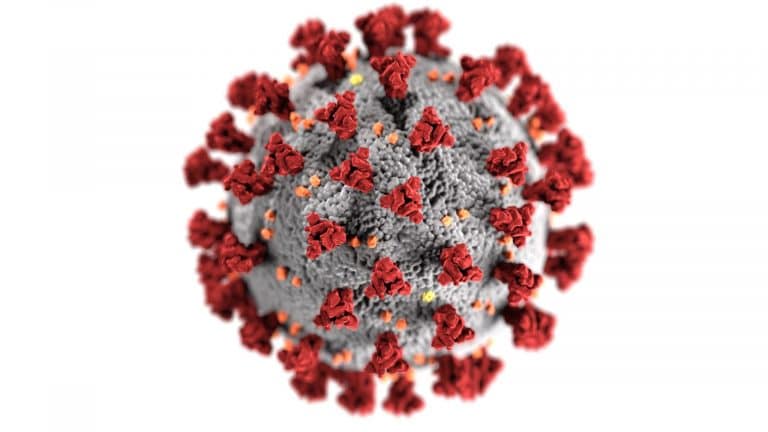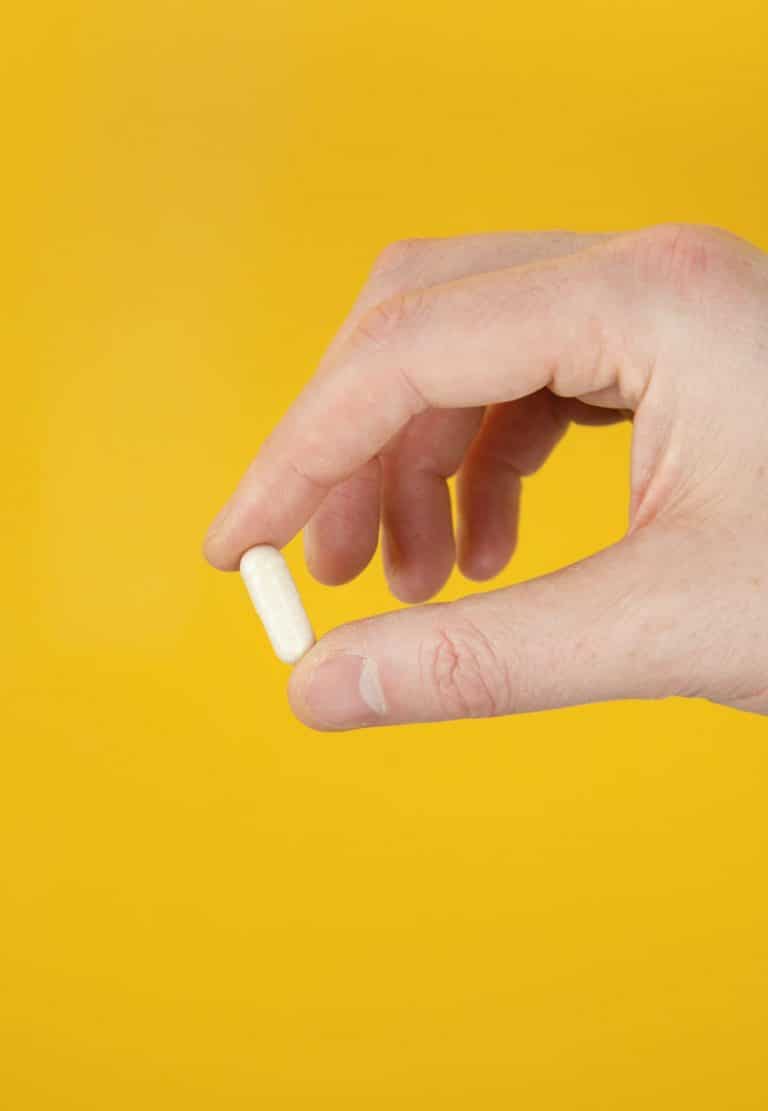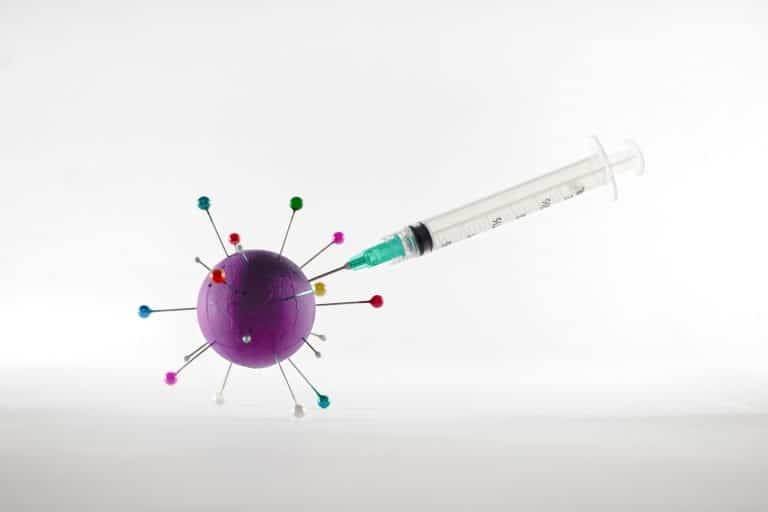CBD Appetite Suppressant: Could It Help You Lose Weight?

Posted on May 31st, 2021
Every new year, there is an influx of people making New Year resolutions. It is hard to miss losing weight as one of the most popular resolutions on the list. This is especially because the holidays are a time where people indulge. Hence, they want to get back in shape when the new year sets in. There has also been a growing demand for CBD in the market. It is hard to miss it as you will find it in a milkshake, coffee, gummies, and even cookies. CBD products are everywhere and have gained a lot of popularity due to their many potential benefits. It may help manage pain, inflammation, depression, and anxiety without getting you intoxicated. So, can CBD help you lose weight? Is a CBD appetite suppressant something that could help you achieve your weight loss goals? Read on to find out more.
Appetite vs Hunger
Your appetite is the desire to eat food. Hunger, on the other hand, is the body’s biological response to the lack of food. There is a huge difference between the two: a person can have an appetite even if they are not hungry, and vice versa. Appetite is usually selective and is generally paired with an emotional feeling. You may desire a piece of cake or pizza after smelling some cake baking in the oven or some pizza from your favorite joint. It is influenced by psychological aspects such as the desire to eat for happiness, pleasure, boredom, and sadness. Hunger occurs when the body notices that it needs more food, so it sends a signal to the brain for you to eat. The common signs of hunger include:
- Irritability.
- Nausea.
- Rumbling of the stomach.
- Trouble concentrating.
- Emptiness in the stomach.
- Feeling dizzy.
Chemical Mechanisms Behind Appetite
The hypothalamus is responsible for maintaining a balance in some of the body’s processes. These include body temperature, food and water intake, and reproduction. Within it are nerve cells that will produce the sensation of hunger when they activate. They have proteins that cause hunger, namely agouti-related peptide (AGRP) and neuropeptide Y (NPY). There are also nerve cells that inhibit hunger, such as cocaine and amphetamine-regulated transcript (CART). So, the balance of activity between the two sets of neurons determines whether or not you will feel like eating. Hormones in the body usually control this.
When the blood glucose levels drop to a certain level and the stomach is empty, a hormone called ghrelin releases into the body. Cells in the GI tract release it and send messages to the brain to increase gastric acid secretion. It also increases the GI motility to get your body to feed, hence making you hungry. The ghrelin release usually stops when the stomach stretches and is full of food, telling the brain that you are not hungry anymore. When you have eaten enough, the fat cells secrete leptin, which tells the brain that you have had enough calories, and it is time to inhibit the hunger signals.
 Appetite Suppressants
Appetite Suppressants
These are drugs that are meant to curb hunger and help you lose weight. These medications, however, can only be obtained with a doctor’s prescription. Examples include Naltrexone, Liraglutide, and Phentermine. There are also some natural appetite suppressants on the market, such as fenugreek, green tea, and Garcinia Cambogia.
Are appetite suppressants effective? Generally yes, they are. On average, people who combined appetite suppressants with a healthy lifestyle reported a 3 -9% loss of weight within a year. These appetite suppressants work in several ways. Some will make you feel less hungry sooner, and others will make it hard for the body to absorb dietary fat.
However, it is crucial to note that these suppressants interact negatively with anti-anxiety and antidepressant drugs. They are also not safe for women who are breastfeeding or pregnant. You should also not take appetite suppressants if you have liver disease, heart disease, glaucoma, and overactive thyroid. These reasons make one wonder if a CBD appetite suppressant might be the ticket to avoiding such side effects.
What Are Cannabinoids?
Cannabinoids are naturally occurring compounds in the human body and in the Cannabis plant. The plant has around 100 cannabinoids and 300 non-cannabinoid compounds. The two most popular cannabinoids are THC and CBD.
CBD, short for cannabidiol, is the second most prevalent cannabinoid in the cannabis plant after tetrahydrocannabinol (THC). THC is psychoactive in ways that will make you feel high. CBD interacts with receptors in the body in a way that may help reduce anxiety, depression, pain, and inflammation, among others. Below are some of the potential effects of CBD, according to both research and anecdotal evidence:
- Chronic pain relief.
- Anti-anxiety.
- Antipsychotic effects.
- Reduces epileptic seizures.
- Eases chemotherapy side effects like nausea/vomiting.
- Helps deal with depression
- May help with allergies.
- Aids in weight loss.
Where Does CBD Come From?
CBD is present in all cannabis plants. However, farmers and manufacturers most often extract it from the hemp plant, which is a cousin of marijuana. Marijuana has more THC than CBD, while hemp has more CBD than THC. Industrial hemp is a popular crop for many uses, but CBD extraction is one of the most popular.
CBD will not make you high, as it is not psychoactive in the same ways as THC. This is one of the reasons why it is popular. It is also the main reason that the US government legalized hemp plants that contain 0.3% or less THC. As long as the THC content is below 0.3%, the plant is called hemp (not marijuana) and the CBD it yields is federally legal.
 CBD Appetite Suppressant
CBD Appetite Suppressant
CBD interacts with the CB1 and CB2 receptors in the body. CB1, when active, promotes food intake, appetite, and taste. CBD interacts with the CB1 receptor, reducing its effect on appetite. So will a CBD appetite suppressant help you get thinner? Well, CBD may help promote weight loss in the following ways:
It Reduces Appetite
Marijuana is infamous for increasing users’ appetites, as people tend to feel hungry after taking it. THC causes hunger, but there is little evidence that CBD has a similar effect. THC stimulates the CB1 receptor, releasing a hormone that increases the desire for food intake. According to a 2015 study, stimulating the CB2 receptors decreases food intake and inflammation, hence reducing obesity. It was also found that CB1 receptor antagonists help reduce appetite and control obesity as they deactivate it.
There is no direct human study that shows the effects of CBD on appetite. However, a study on rats discovered that exposure to CBD reduced their appetite.
Boosts Metabolism
Studies have also found that cannabidiol may boost metabolism, hence promoting weight loss.
Promotes Browning of Fat Cells
The human body has two types of fat; white and brown. White is more predominant and works to store and supply energy while insulating the organs. It is also linked with chronic illnesses such as heart disease and diabetes. Brown fat, on the other hand, generates heat by burning calories. The healthier you are, the more brown fat you will have. You can convert white to brown fat by getting good sleep and exercising. You can also do it by taking CBD. According to studies, CBD helps promote the browning of cells by enhancing certain genes and proteins that promote brown fat. Brown fat cells burn off energy as heat, hence burning calories, helping you lose weight.
May Reduce Risk of Metabolic Disorders
Obesity is linked to several metabolic disorders such as high cholesterol, type 2 diabetes, and high blood pressure. This is partly due to over-active CB1 receptors, which contribute to metabolic risks. Since CBD has anti-inflammatory and antioxidant effects, it decreases blood sugar and helps reduce cholesterol. If a CBD appetite suppressant can reduce your likelihood of becoming obese, it may help you avoid these metabolic issues.
Can CBD Also Stimulate Appetite?
Even though CBD can aid in weight loss, it has the potential to also cause weight gain. According to some studies, it could increase appetite. A study done on 117 parents of children treated with CBD for epilepsy found that even though there was a reduction in their symptoms, their appetites also increased. However, reports on this are mixed, as some studies show a decrease, while others report an increase. For example, in a study conducted on 23 children with Dravet Syndrome, some children had increased appetite, while others decreased their appetite. The ways that CBD may increase appetite are as follows:
- Encourage the production of the Ghrelin hormone, which can encourage hunger.
- It also acts on the serotonin receptors to regulate mood and appetite. You, therefore, may end up eating more in some cases.
Conclusion: CBD Appetite Suppressant
Some studies report that a CBD appetite suppressant may work, while others say it can stimulate appetite. To be sure, we certainly need more research on the subject.
Research on CBD appetite suppressants is still in its infancy, and studies on human beings are relatively few. The FDA does not regulate CBD products in the US; hence it is crucial to ensure that you carefully seek out high-quality products. Ensure that they have undergone third party testing, and have less than 0.3% THC to be legal. Before experimenting with CBD, it is also wise to talk to your doctor. They will make sure that you are not taking any other medications that could interact negatively. A doctor will also advise you on the dosage, and how to deal with any side effects you might experience.






